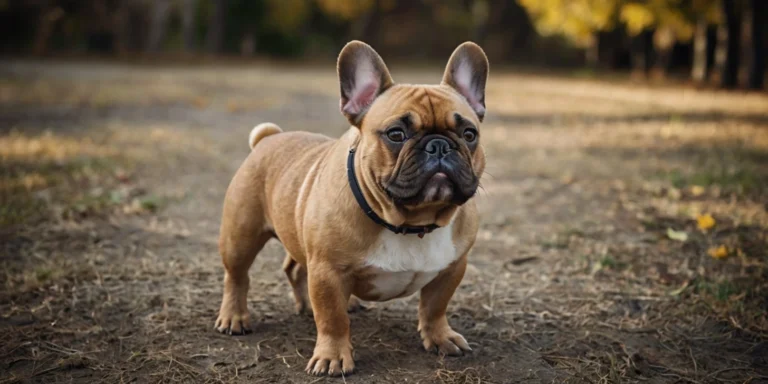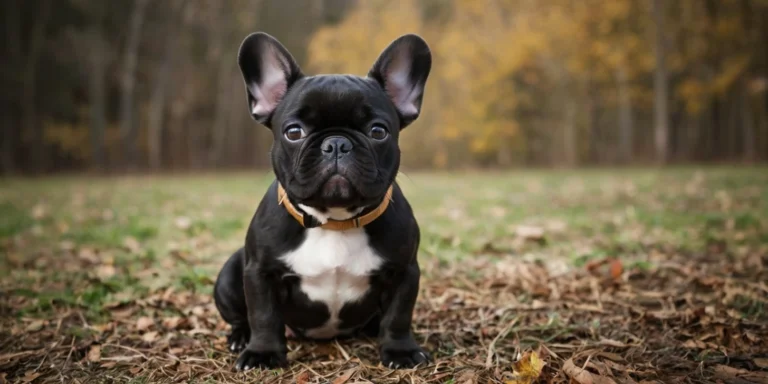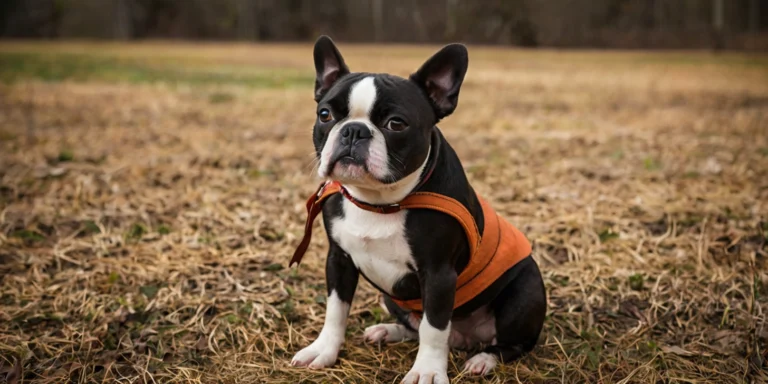Everything You Need to Know About Mini Goldendoodle Puppies in 2025
Mini Goldendoodle puppies are the talk of 2025, and it’s no surprise why. These fluffy, pint-sized bundles of joy, born from a Golden Retriever and a Miniature Poodle, bring endless love and energy to any home. Their adorable looks, low-shedding coats, and playful personalities make them a favorite for families, singles, and retirees alike.
If you’re dreaming of bringing a Mini Goldendoodle puppy into your life, this guide is your go-to resource. From understanding their unique traits to preparing your home and raising a happy pup, we’ve got you covered with practical tips and insights for 2025. Let’s get started!
Meet the Mini Goldendoodle Puppy
A Mini Goldendoodle puppy is a designer breed, blending the Golden Retriever’s warmth with the Miniature Poodle’s intelligence. Unlike their larger Standard Goldendoodle cousins, these pups grow into adults weighing 15 to 35 pounds and standing 13 to 20 inches tall, perfect for small spaces or cozy homes. Their charm lies in their soft, low-shedding coats and friendly nature, making them a top pick for pet owners this year.
What Makes Them Special?
Puppies come in generations like F1 (50% Golden Retriever, 50% Poodle) or F1B (75% Poodle, 25% Golden Retriever), with F1B pups shedding less, ideal for allergy-prone households. Their traits vary slightly based on genetics, but all share that signature Goldendoodle charm.
Is a Mini Goldendoodle Puppy Right for You?
Before falling for those big, soulful eyes, let’s weigh the joys and responsibilities of owning a Mini Goldendoodle puppy to see if they match your lifestyle.
Why You’ll Love Them
Things to Think About
Getting Ready for Your Mini Goldendoodle Puppy
Welcoming a Mini Goldendoodle puppy is a big step, and a little prep goes a long way. Here’s how to set the stage for a smooth arrival.
Make Your Home Puppy-Safe
Puppies explore with their mouths, so create a safe space by:
Gear Up with Essentials
Gather these supplies to keep your puppy comfortable:
- Crate: Sized for a 15–35-pound adult dog for training and rest.
- Bed: Soft, washable, and chew-proof for cozy naps.
- Bowls: Stainless steel or ceramic for food and water.
- Food: High-quality puppy kibble with protein for small breeds.
- Collar and Leash: Adjustable for a growing pup.
- Toys: Balls, chew toys, and puzzles for play and mental stimulation.
Finding a Trustworthy Breeder
A healthy puppy starts with a reputable breeder. Expect to pay $2,500–$5,000 for a well-cared-for pup from a breeder who:
- Tests for health issues like hip dysplasia or eye conditions.
- Raises puppies in a loving, social environment.
- Shares details about the parent dogs and their care.
Steer clear of deals under $1,000, as they often point to puppy mills or poor breeding practices. If you’re open to adoption, local shelters or rescues may have Mini Goldendoodle puppies looking for forever homes.
Raising a Happy Mini Goldendoodle Puppy
Caring for a Mini Goldendoodle puppy is a labor of love. Here’s how to nurture their health, happiness, and good behavior in 2025.
Feeding for Growth
Puppies need a diet packed with nutrients to grow strong. Feed 2/3 to 1 cup of high-quality puppy kibble daily, split into 3–4 meals until 6 months. From 6–12 months, offer 1 to 1.5 cups in two meals. Choose foods with protein like chicken or salmon, avoiding fillers like corn or soy.
- Pro Tip: Check with your vet to tweak portions for your pup’s size and energy.
- Water: Provide 1 ounce per pound of body weight daily (e.g., 10 ounces for a 10-pound pup). Watch for excessive drinking, which may need a vet’s attention.
Playtime and Energy
Mini Goldendoodle puppies are bundles of energy, needing 30–60 minutes of daily activity like short walks, fetch, or indoor games. Gentle play protects their developing joints, while mental stimulation keeps them content.
- Fun Activities: Try soft toys for fetch or tug-of-war. Puppy playdates boost socialization and burn energy.
- Social Skills: Introduce pups to new people, pets, and places between 3–12 weeks to build confidence.
Grooming Like a Pro
Their low-shedding coats need regular care to stay soft and mat-free. Brush 2–3 times weekly and book professional grooming every 6–8 weeks. Clean their ears weekly to prevent infections, common in Poodle mixes.
- Tools: Use a slicker brush, metal comb, and pet-safe shampoo for sensitive skin.
- Nails: Trim every 3–4 weeks to keep paws healthy and scratch-free.
Health Check 101
Puppies need regular vet care to thrive. Schedule visits every 3–4 weeks until 16 weeks, then yearly. Start vaccinations (e.g., DHPP, rabies) at 6–8 weeks, and discuss spaying/neutering at 6–8 months with your vet.
- Watch For: Ear infections, allergies, or hip dysplasia. Regular ear cleaning and dental care help.
- Prevention: Use puppy-safe flea/tick products and ask about heartworm protection.
Training Your Tiny Star
Mini Goldendoodle puppies are quick learners, making training a joy. Begin at 8–12 weeks with positive reinforcement, using treats and praise.
- Potty Training: Take pups out every 2–3 hours, after meals, and after naps. Reward success, and most are trained by 8–12 weeks.
- Commands: Start with “sit,” “stay,” “come,” and “leave it” for good manners.
- Crate Time: Make the crate a cozy den, starting with short sessions to build comfort.
How Do Mini Goldendoodle Puppies Compare?
Curious how Mini Goldendoodle puppies stack up against other breeds?
- Vs. Labradoodle Puppies: Labradoodles may have more energy and shed more, while Mini Goldendoodles are smaller and kid-friendly.
- Vs. Micro Goldendoodle Puppies: Micros (5–15 pounds as adults) are tinier and more fragile, needing extra care around kids.
Wrapping Up
Mini Goldendoodle puppies are a delightful mix of fluff, fun, and smarts, making them a top choice for dog lovers in 2025. Their small size and low-shedding coats fit many lifestyles, but they need love, exercise, and grooming to shine. By choosing a reputable breeder or rescue, prepping your home, and diving into their care, you’ll have a loyal pal who lights up your days.
Ready to meet your Mini Goldendoodle puppy? Start exploring breeders or rescues today. Share your thoughts or questions in the comments we’re excited to hear your story!







